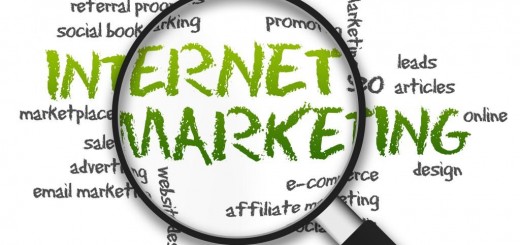What FB’s Shopping function means for the industry?
If a business is looking to expand to social commerce or simply sell more product, Facebook Shopping may be a match and it’s worth testing the waters with various tactics.
You should no longer assume ecommerce equals Amazon alone. While it is a leading e-retailer, online giants like Facebook and Google will be key to monitor and test as they evolve their Shopping opportunities.
Facebook has created a one-stop-shop for consumers to purchase retailer products without needing to leave Facebook’s site.
This update allows retailers to host virtual stores on their Facebook pages, through which consumers can buy the products directly. At present Facebook Shopping can be seen as a supplemental environment for consumers to purchase, not (at least for now) the unique and rich experience a brand’s own site brings to its consumers.
Last week Google announced a similar feature that allows businesses to sell products via Google Shopping. It will be interesting to watch how these two companies grow their retail efforts against Amazon.
What are some key considerations?
Facebook Shopping should help grow your retail efforts, not replace them
As of Q1 2015, Facebook has 1.44 billion active users. While this is an incredible number, it does not mean we should dismiss key retailers when planning retail strategies. Facebook is a social network, whereas Amazon is fundamentally a retail network. The two (in conjunction with other retail sites) should work together to reach as many shoppers as possible.
It’s a pay-to-play world with Facebook
Today Facebook Shopping is a free service, however, we can assume this product will become paid for service in the future. Teams should monitor any performance and updates from Facebook closely to ensure maximum opportunity and efficiency. Brands and agencies should start thinking not only how Facebook Shopping can fit into retail plans, but also how it can (potentially) be supported with media investment.
The opportunity for data usage will be immense
Facebook is already one of the largest data hubs, housing a wealth of details about its users. Adding purchase behaviors from the site into the mix will only grow its bank of consumer knowledge. Eventually this data may be available for businesses to leverage, which creates a vast opportunity to reach consumers more effectively. Further, we should start to be better equipped in answering some of those tough questions around whether Facebook drives ROI. We’ll know more about how consumers are purchasing directly within the platform versus only having the view once they’ve left the platform.



